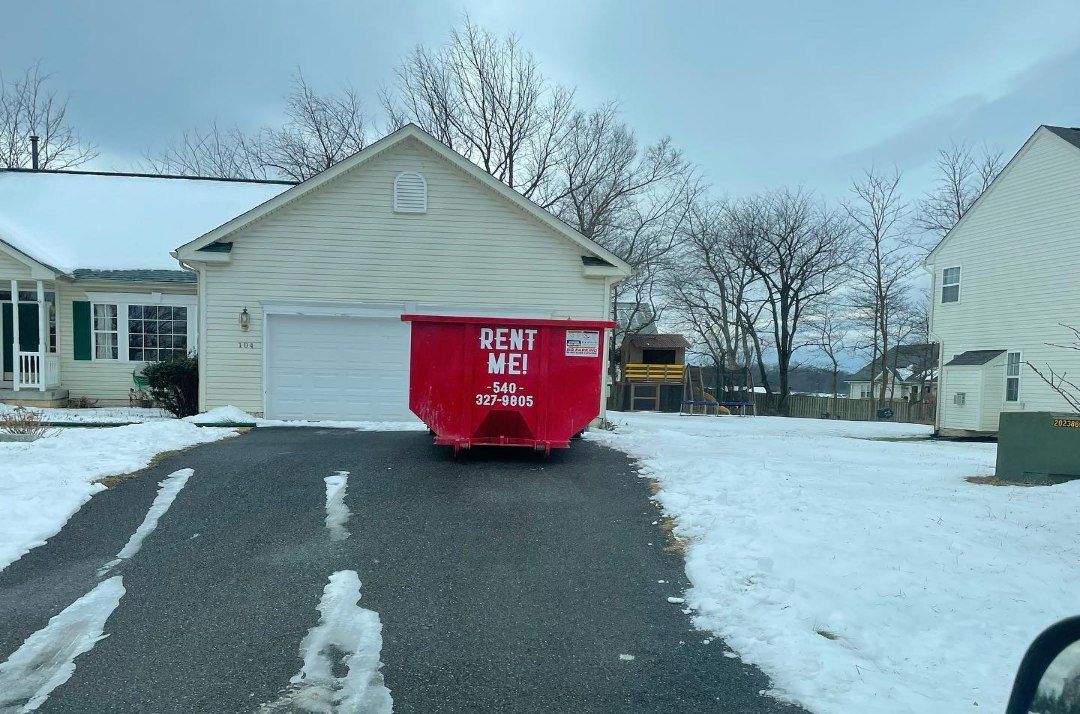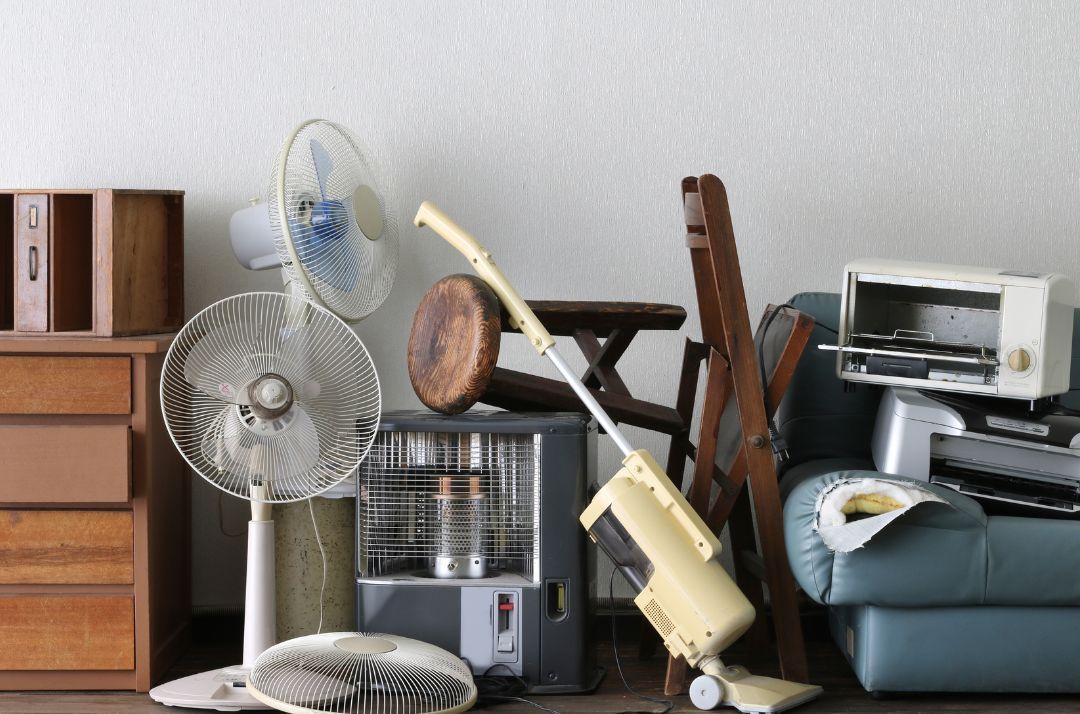Is It Illegal to Throw Trash in Someone Else’s Trash Can?
Wondering if it’s illegal to throw trash in someone else’s trash can? The short answer is yes, it’s typically against the law unless you have explicit permission from the property owner or the person responsible for the trash can or dumpster. This practice, often referred to as illegal dumping or unauthorized use of a receptacle, may seem harmless, especially if you have just a small bag of waste or the can looks empty. Still, it can lead to serious legal and financial consequences.
Why Is It Illegal?
Throwing trash in someone else’s trash can or dumpster is considered a form of trespassing or theft of service in most jurisdictions. When you use a private trash can, whether it’s a residential bin, a commercial dumpster, or a construction roll-off, you’re essentially using someone else’s property without consent. Trash collection and dumpster rentals are paid services, and unauthorized use can increase costs for the owner, such as overage fees for weight limits or additional pickups. Additionally, illegal dumping can create safety hazards, especially if hazardous materials like chemicals or sharp objects are discarded improperly.
Laws governing this issue vary by state and municipality, but most areas classify unauthorized dumping as a misdemeanor. For example, in Virginia, illegally disposing of waste on private property without permission can violate local ordinances or state laws like Virginia Code § 33.2-802, which addresses illegal dumping. Penalties may include fines ranging from $100 to $2,500, depending on the severity, and in rare cases, jail time for repeat offenders or large-scale violations. Some cities also impose civil penalties, requiring offenders to cover cleanup costs or damages.
What Are the Consequences?
Beyond legal repercussions, throwing trash in someone else’s can has practical consequences for both the dumper and the property owner. For the property owner, unauthorized trash can:
- Fill up their bin, leaving no room for their own waste, which may force them to pay for extra pickups or rentals.
- Exceed weight limits on rented dumpsters, triggering costly overage fees.
- Introduce hazardous or prohibited items, like paint cans or electronics, which can complicate disposal and add surcharges.
- Attract pests or create unsanitary conditions, especially if food waste is involved.
For the person dumping, the risks are significant. If caught, whether by security cameras, witnesses, or law enforcement, you could face fines, legal action, or even a criminal record. In some cases, property owners may pursue civil lawsuits to recover costs. Even if you avoid getting caught, you’re shifting the burden onto someone else, which can strain community relationships and contribute to broader issues like littering or illegal dumping in public spaces.
Common Scenarios and Misconceptions
People often consider using someone else’s trash can in specific situations, assuming it’s no big deal. Let’s address a few common scenarios:
- “It’s just one small bag.” Even a small amount of trash can cause problems, like filling a bin before pickup day or adding weight to a dumpster. Legally, the quantity doesn’t matter. Unauthorized use is still prohibited.
- “The dumpster looks abandoned.” Dumpsters on construction sites or commercial properties are almost always rented and monitored. Assuming it’s “free” to use can lead to trouble.
- “It’s a public trash can.” Public bins are for small, incidental waste (like a coffee cup), not household trash or large items. Overloading public cans can lead to fines in some areas.
- “My neighbor won’t mind.” Unless you have explicit permission, don’t assume it’s okay. Many residents are protective of their bins, especially if they’ve faced illegal dumping before.
A common misconception is that if a trash can is on the curb or in an alley, it’s fair game. However, curbside bins are still private property, and alleys are often on private or municipal land with strict rules against unauthorized dumping.
Why Responsible Waste Disposal Matters
Illegal dumping, even on a small scale, has ripple effects. It increases costs for property owners, strains municipal waste systems, and can harm the environment if waste isn’t disposed of properly. By choosing legal and responsible waste disposal methods, you help keep communities clean and avoid unnecessary legal headaches. Options like renting a dumpster, scheduling bulk trash pickups, or using local recycling centers are affordable and straightforward ways to manage excess waste.
If you’re dealing with a large cleanup project, such as a home renovation or yard overhaul, renting a dumpster sized to your needs ensures you have ample space for debris without resorting to illegal measures. Professional hauling services can also handle junk removal efficiently, saving you time and ensuring compliance with local regulations.
Final Thoughts
Throwing trash in someone else’s trash can may seem like a quick fix, but it’s illegal, inconsiderate, and risky. Laws vary by location, but the consequences, such as fines, legal action, or added costs for property owners, make it not worth the gamble. Instead, opt for responsible waste disposal to stay on the right side of the law and keep your community clean.
For fast, reliable junk removal or dumpster rental services, contact Iron Bull Hauling today. Reach us at (540) 315-3052 or fill out our contact form to get started.


